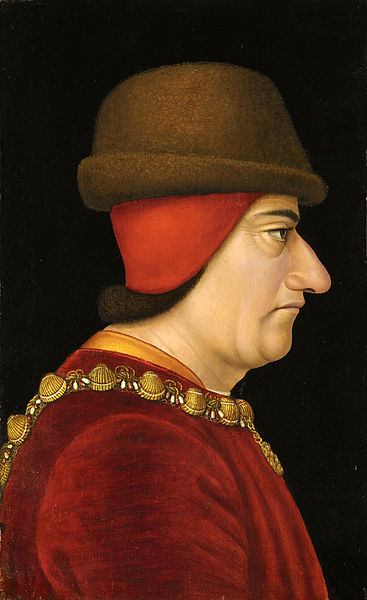The Universal Spider
By Peter LloydMy son David developed a large vocabulary of animal sounds before he spoke many words. Over his crib hung a huge poster the length of the crib bearing an illustration of a dozen or more baby animals. Some harmless, some dangerous.
Like a lot of children, David remained fascinated with animals, especially dinosaurs, until his devotion turned to superheroes like Spiderman. Throughout this time I watched him relate to animals and imaginary heroes. This propensity to interact with imaginary friends marks a person’s first foray into creative thinking.
 All of us possess the innate ability to create. You don’t have to develop some unfamiliar, esoteric talent to be creative. You began behaving creatively at a very young age and you still express your creativity every day. Every time you are confronted with a novel challenge, you respond creatively.
All of us possess the innate ability to create. You don’t have to develop some unfamiliar, esoteric talent to be creative. You began behaving creatively at a very young age and you still express your creativity every day. Every time you are confronted with a novel challenge, you respond creatively.I argue that most people were most creative as children, because as a child, most events of every day involved novel challenges. Therefore, as children people must respond creatively more often. Does this have anything to do with children’s affinity with animals? Worth considering since childhood brings such creative output.
Among your major childhood creative accomplishment were learning to walk and learning to talk. You acquired these amazing skills while you dwelt as much in make believe as in reality. So I think you might learn to be more creative by responding to novel challenges the way you did as a child, including developing imaginary relationships and using them as analogies to address real issues.
Why not create imaginary friends? Not necessarily things you pretend to talk with, but rather you might animate aspects of the things you use and work you do every day. Some people name and talk to their cars, for example. I yell at my computer. Thinking of the challenges you face as if they had faces could help you better manage them, if you use your invented personalities as metaphors.
Such metaphorical thinking is as old as the Egyptians who worshiped animal deities and as current as the cars and kings named after animals. From the Baracuda to the Stingray along with Richard the Lionheart, Sitting Bull, Crazy Horse, and the Universal Spider or Spider King (pictured above).
I bring up Louis XI, one of the first modern kings of France, because his enemies accused him of spinning webs of intrigue. And I wonder if he did not turn the spider analogy back on his enemies as he helped bring France out of the Middle Ages and into an era of economic development based on increased trade and an expanding web of improved infrastructure.
See also:
- A Child’s Wild Kingdom New York Times Magazine
- 33 Cars Named After Animals
Peter Lloyd is co-creator with Stephen Grossman of Animal Crackers, the breakthrough problem-solving tool designed to crack your toughest problems.
Right Brain Workouts Explained
